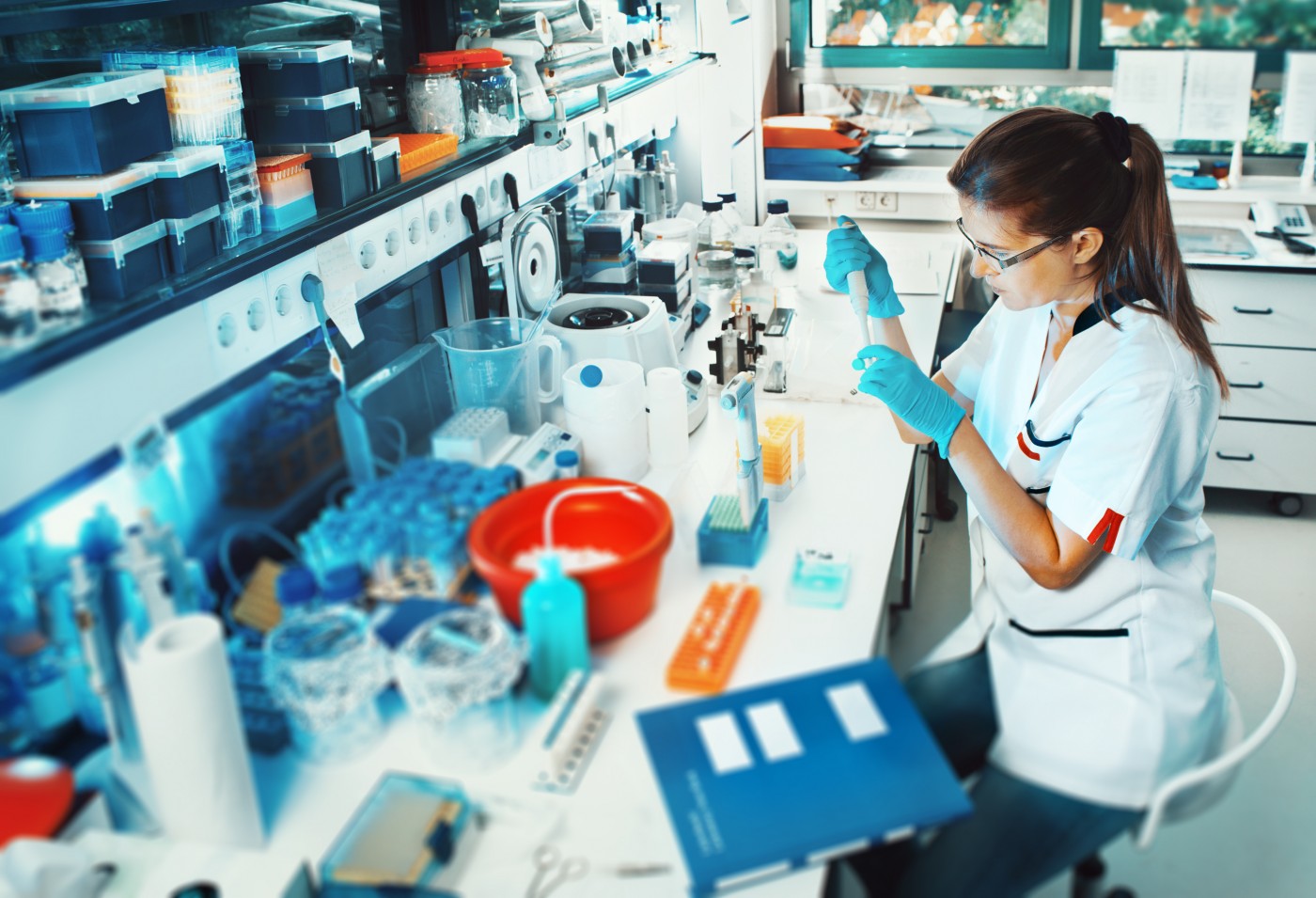Promising Therapeutic Strategy for Human Mitochondrial Diseases Studied

A study recently published in the journal Human Molecular Genetics revealed a novel promising therapeutic approach for human mitochondrial diseases based on findings in human cells and animal models. The study is entitled “Inhibiting cytosolic translation and autophagy improves health in mitochondrial disease” and was conducted by researchers at The Children’s Hospital of Philadelphia and Perelman School of Medicine at University of Pennsylvania.
Mitochondria are small organelles considered the powerhouses of the cells where the energy for the body is produced through the mitochondrial respiratory chain – the sequence of chemical reactions that oxidizes nutrients to generate energy. Point mutations and large-scale rearrangements (deletions or duplications) in the mitochondrial genome are associated with mitochondrial diseases. Mitochondria dysfunction can cause impairment in cellular energy metabolism, which can potentially affect several organs and systems like the brain, heart and muscles. Currently, there is no cure for mitochondrial diseases.
Mitochondrial diseases have been linked to a deregulation of two important cellular processes: translation, by which the genetic code is transformed into proteins, and autophagy, a system in which cellular waste (harmful or dysfunctional cellular components but also pathogens) is identified and eliminated.
“In this study, we investigated the effects of modulating not just signaling molecules, but two of the basic biological processes they regulate: protein translation and autophagy,” explained the study’s senior author Dr. Marni J. Falk in a news release. “Both of these cellular activities are abnormal in mitochondrial disease, and we showed that using drugs that partially inhibit them offer novel treatment strategies.”
Researchers found that several existing drugs have a beneficial impact in mitochondrial disease. One of them is rapamycin, a known antibiotic and immunosuppressant which was shown to improve kidney disease in a mice model of a mitochondrial disease. Probucol, a cholesterol-lowering drug, was also reported to improve the physiological functioning and lifespan of worms with a mitochondrial disease. Both rapamycin and probucol block signaling molecules that trigger protein translation.
Remarkably, when researchers tested drugs that partially blocked both translation (through cycloheximide) and autophagy processes (through lithium chloride) in several human cell models of mitochondrial disease, a significant improvement on viability and cellular respiratory function was observed. Profiling based on RNAseq revealed that these drugs effectively restored the dysregulated translation and autophagy processes.
“Dysregulated translation and the increased autophagy that occurs in mitochondrial disease lead to an accumulation of defective or potentially toxic proteins,” explained Dr. Falk. “The net effect is cell death. When we were able to slow down either or both of these basic processes, we improved mitochondrial disease symptoms in laboratory animals and in human patient cells.”
The research team concluded that the restoration of basic biological processes like translation and autophagy could offer a new therapeutic strategy for diseases related to mitochondrial dysfunction.
“By adjusting basic biological activities involved in cell death and energy production, we were able to rebalance cells toward more normal functioning. This approach holds great promise for developing effective new treatments for patients with mitochondrial disorders,” concluded Dr. Falk.






